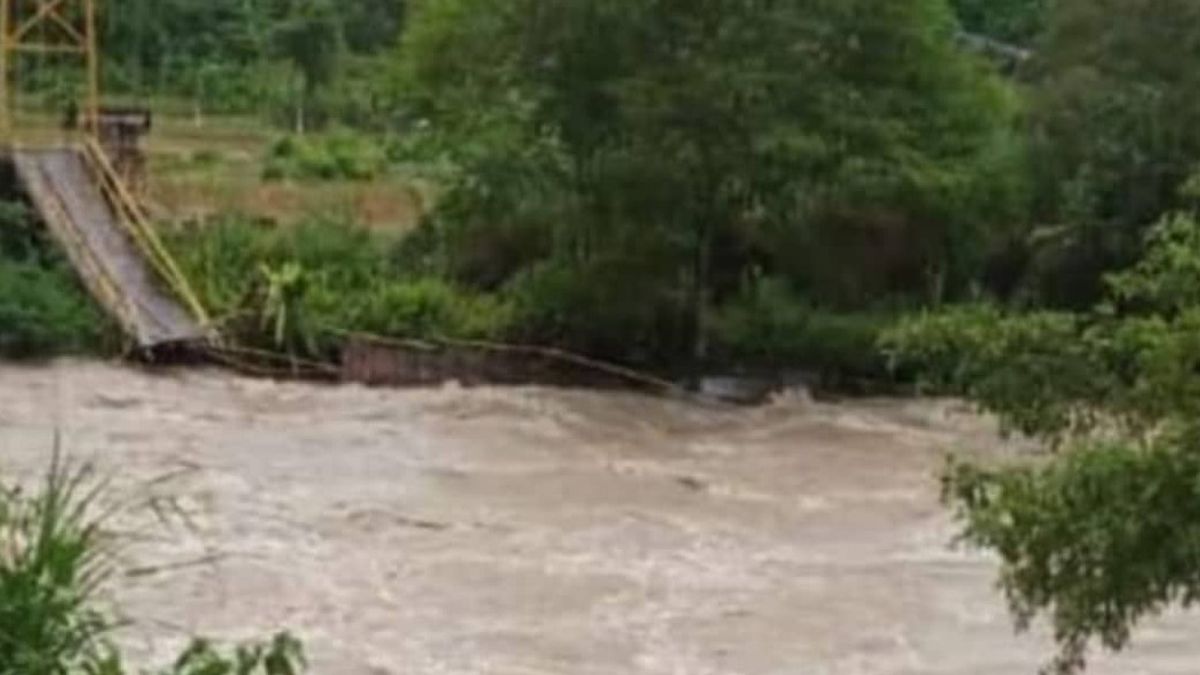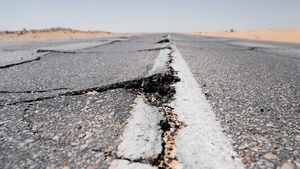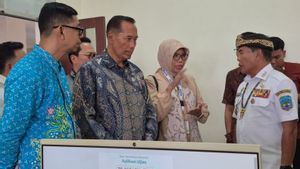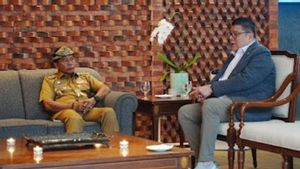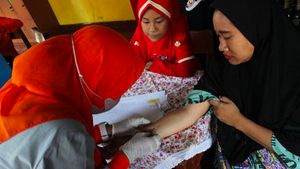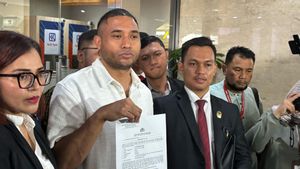JAKARTA - The National Disaster Management Agency (BNBP) asked the public not to make natural events a spectacle. BNPB said this had the potential to cause new disasters at the scene of the incident.
The warning follows the breaking of the Cawang Suspension Bridge in Bengkulu, after failing to bear the burden of residents who saw the flash floods. At least 30 people who were on the bridge, fell into the swift overflowing river.
"Of these residents, nine people died, one was declared missing and 20 survived," said Head of the BNPB Disaster Information and Communication Data Center Agus Wibowo in an official statement, Monday, January 20.
This incident is not the first time that people have flocked to watch a natural disaster or an event. This incident reminds us of the nature of humans who are curious and want to see an event.
Sociologist from UIN Syarif Hidayatullah, Tantan Hermansyah, said that this phenomenon occurred because he wanted to be part of history. Moreover, history only records special and special moments, including when a disaster occurs.
"Those who 'happen' are there at the right time, usually because there is a desire to be part of the event," wrote Tantan in a short message to VOI.
Apart from wanting to be a person who records history, Tantan also said that existence is the reason people want to spread events around them. Moreover, in the current era of social media, everyone can easily provide or disseminate various information.
It's just that, the problem is they are not aware of safety standards when capturing the moment of the disaster. "Because they are not professionals, sometimes they don't realize that there are safety standards that they have to pass. So if they end up becoming victims, because of things like that," he explained.
Psychologist Kasandra Putranto actually has another reason why people love to perpetuate disasters and end up hurting themselves. He said, this happened because of limited knowledge.
"Generally (this kind of incident) is due to limited knowledge and capacity of intellectual, social, and emotional," he said.
In addition, currently there are no regulations that prohibit people from watching and distributing videos or photos of victims of casualties due to accidents or natural disasters.
"In other countries, the law has been regulated. So watching, watching, and distributing photos of people with accidents is a violation," he concluded.
The English, Chinese, Japanese, Arabic, and French versions are automatically generated by the AI. So there may still be inaccuracies in translating, please always see Indonesian as our main language. (system supported by DigitalSiber.id)
